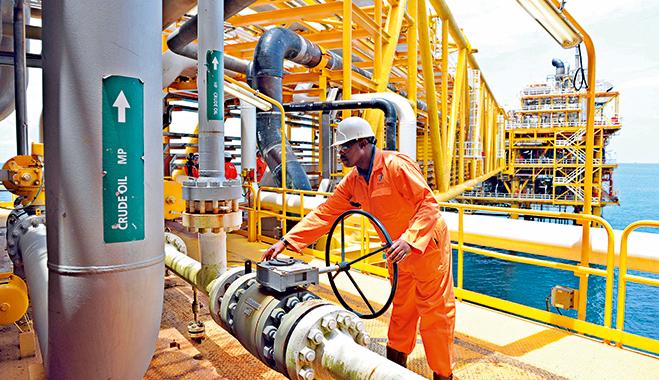- Through the passing of the Petroleum Industry Bill (PIB) on 1 July 2021, Nigeria has taken significant steps to boost oil and gas output.
- Projects such as the $2.8 billion, 614Km Ajaokuta-Kaduna-Kano (AKK) pipeline connecting the eastern, western, and northern regions of the country, have been driven by the country’s gas policies.
Nigeria has for years dominated the investment space in Oil and Gas in Africa. For decades it has emerged as the only country in Africa that is at the forefront of attracting the biggest players in the sector and steering forward project developments across the Value chain.
With the Covid 19 pandemic bringing to a halt many business opportunities and frozen investment in most parts of the world, Nigeria was largely impacted as finance trends started shifting during this time from fossil fuels to renewable resources, and this time African hydrocarbon players such as Nigeria found themselves competing for investment.
Notably, through the passing of the Petroleum Industry Bill (PIB) on 1 July 2021, Nigeria has taken significant steps to boost oil and gas output while enhancing the sector’s attractiveness for international investment.
Comprising 16 Nigerian petroleum laws that outline the framework for petroleum activities, the PIB ensures an enabling environment for investors backed by a transparent and strengthened regulatory framework.
At a time when the global energy sector is particularly competitive for foreign capital, the passing of the PIB serves to elevate Nigeria as an energy leader on the global stage.
According to the former Managing Director Equinor Nigeria and current Managing Director Business Development, Alta Trading UK Limited Heine Melkevik, The reality is that Nigeria and Africa need more investment in the oil and gas space.
“in order to industrialize, we need to invest in oil and gas. You need to take some risk, as this is a long-term game. The opportunities in Nigeria, from upstream to midstream to downstream are too big to ignore,” stated Melkevik.
READ; Nigeria President Signs Petroleum Industry Bill Into Law
Meanwhile, with the passing of the Petroleum Industry Act (PIA), Nigeria has enacted a complete overhaul of the administrative, regulatory and fiscal regime in the energy sector, restructuring key petroleum institutions in order to streamline processes and drive the country’s oil and gas industry expansion.
As the country faces challenges of declining oil production from mature fields, coupled with the reduced capital expenditure climate brought about by the COVID-19 pandemic, the PIA aims to enhance the sector’s attractiveness for foreign investment, ensuring a market-driven regulatory environment that will accelerate the country’s industry developments.
Kola Karim, Managing Director, and CEO, Shoreline Energy International says that with Oil and gas-forming 90% of Nigeria’s foreign exchange rate and PIA in place there is an expected surge in engagements as the world knows Nigeria is open for business.
His sentiments were echoed by Dr. Adedapo Odulaja, Governor of OPEC for Nigeria who said that PIA was a gamechanger and sooner than later Nigeria expects a change in Oil and Gas conversation.
“In the weeks to come, everyone will see this. A lot of investors and people who want to invest in the industry are already looking critical and taking more of an interest in it,” stated Odulaja.
With a regulatory environment that places an emphasis on stability and transparency, the country is bound to see an influx in foreign capital and international company participation.
In addition to driving domestic industry growth, the PIB and PIA both set an incredibly high standard for other resource-rich nations looking at expanding their energy sectors and attracting investment.
In addition to modernized regulatory frameworks, Nigeria has turned to national energy plans to accelerate development across the country. Notably, through the Decade of Gas initiative – a national strategy that aims to position gas at the forefront of the country’s energy agenda – Nigeria is making significant progress to incentivize investment and spur development.
The Decade of the Gas initiative was launched in conjunction with the country’s National Gas Expansion Program, whereby large-scale project developments have taken off across the country.
Projects including the $2.8 billion, 614Km Ajaokuta-Kaduna-Kano (AKK) pipeline connecting the eastern, western, and northern regions of the country, as well as the construction of $10 billion Nigeria LNG Train 7 have all been driven by the country’s gas policies.
“We have made huge progress. Statistics show we are doing less than 10% flares, so we are doing very well. Before the PIA we already had policies in place to reduce flaring. Obviously, we cannot completely reduce flares but under the PIA there is a clear direction and policy in place,” stated Williams.
READ; Ethiopia reforms mining industry to improve competitiveness
